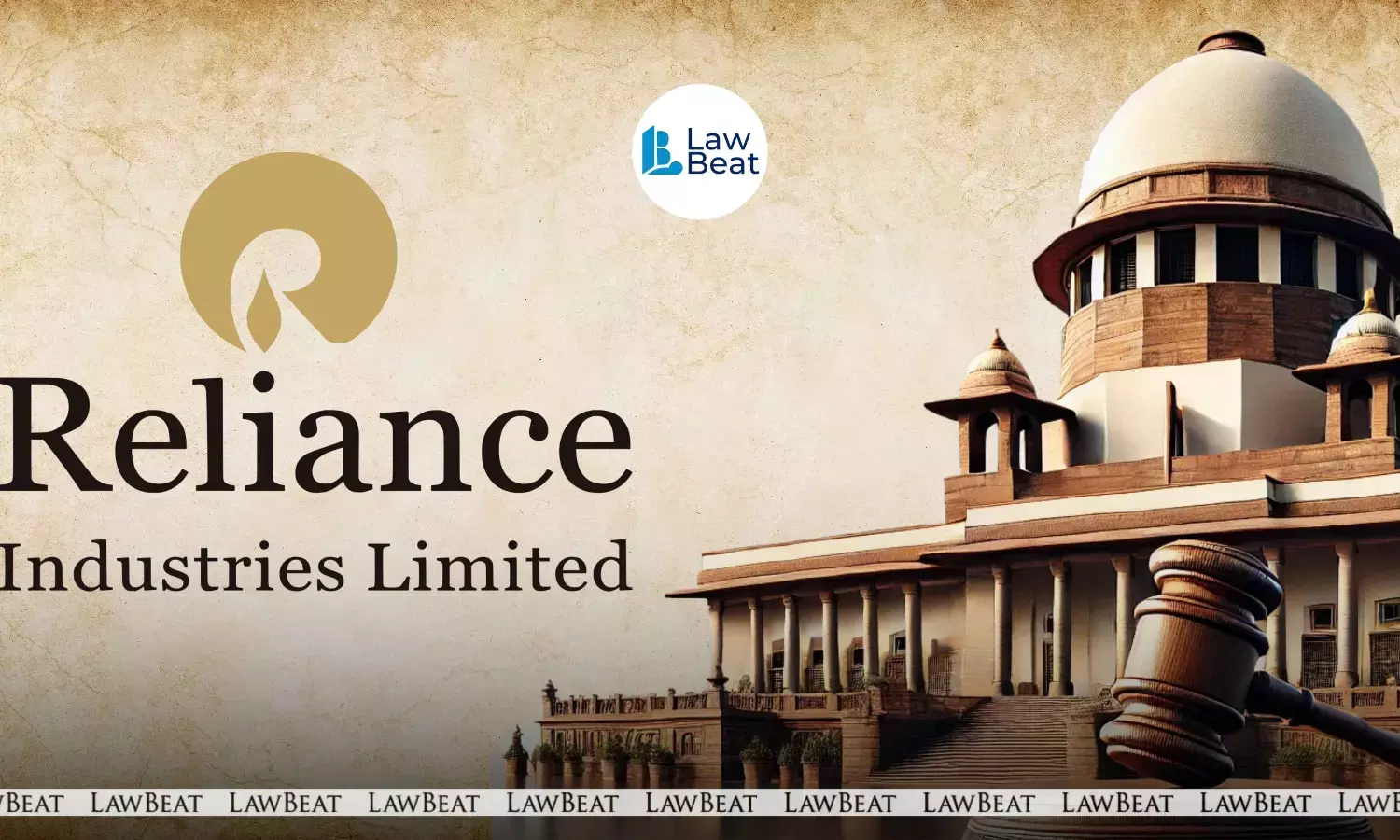Reliance Industries approaches Supreme Court against Krishna Godavari Basin decision

Reliance Industries Limited along with British Petroleum (BP) and Niko, has approached the Supreme Court to challenge a Delhi High Court order wherein it ruled in favor of the Union government in a long-standing gas dispute
The case stemmed from a production-sharing contract (PSC) signed in 2000 between an RIL-led consortium and the government, granting exploration and extraction rights in the Krishna Godavari (KG) basin, off the coast of Andhra Pradesh.
Following these allegations, the Ministry of Petroleum and Natural Gas demanded compensation from RIL and its partners—BP Plc and Niko Resources—amounting to $1.5 billion, along with an additional $174 million in interest. In response, RIL invoked the arbitration clause within the PSC and sought resolution through an international arbitration tribunal.
In July 2018, the tribunal ruled in favor of RIL, rejecting the government's claims. It held that the contract did not prohibit contractors from extracting and selling gas that had migrated from an external source. However, in May 2023, the government challenged the arbitration ruling, arguing that it violated public policy and allowed RIL to amass wealth through fraudulent means.
The bench of Justices Rekha Palli and Saurabh Banerjee reviewed the case and set aside both the tribunal’s award and a May 2023 single-bench ruling. The court stated that these rulings contradicted the settled legal position. The decision allowed the government to enforce its claim of approximately $1.7 billion against RIL and its foreign partners.
A crucial aspect of the case was the non-disclosure of critical reports by US-based consultant DeGolyer and MacNaughton (D&M) from 2003, 2004, and 2005. These reports contained data regarding gas migration, and the court held that their concealment was a fundamental flaw that undermined the arbitration award.
The government had previously appointed a committee in December 2015, led by former Delhi High Court Chief Justice A.P. Shah, to assess RIL’s enrichment from ONGC’s fields. The committee concluded that RIL should compensate the government for the extracted gas over seven years.
